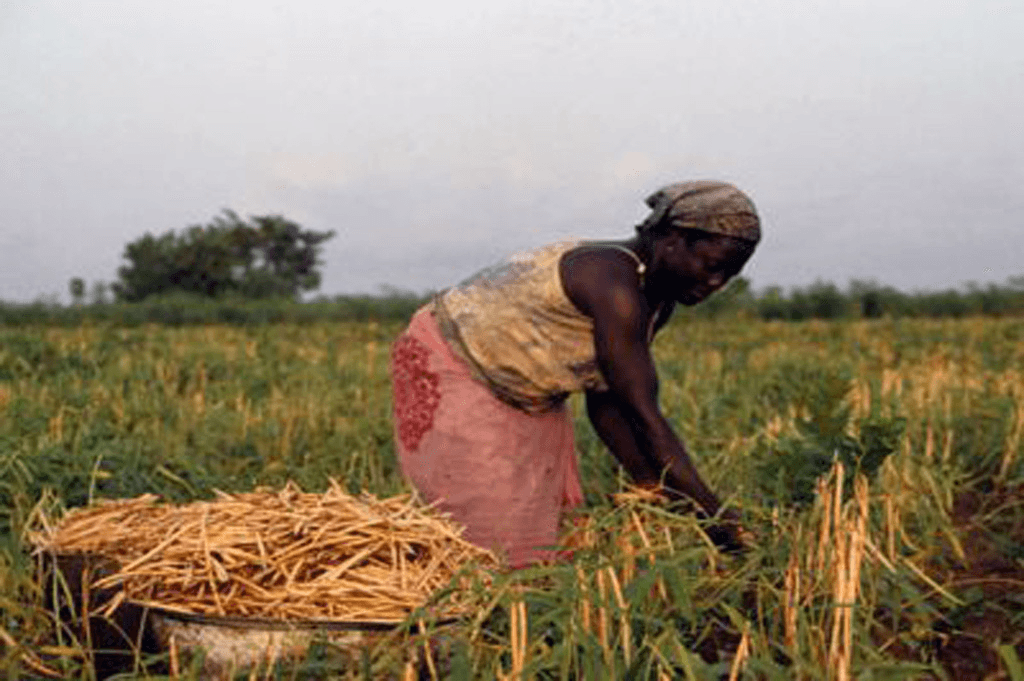Cowpea : a solution for healthy eating in Africa

In Senegal, researchers are working on a new way to cultivate cowpea, an important plant in Africa. Through their research, they aim to improve the production of this plant and help farmers better feed the population.
Cowpea is a legume (a plant with seeds like beans) that is very popular in Africa, especially in Senegal. It is commonly used in traditional dishes and is a staple food for many families. However, producing large amounts of cowpea can be difficult due to some problems with the soil.
Researchers at the Senegalese Institute of Agricultural Research (ISRA) have conducted a study to find a special method called « rhizo-inoculation » to help cowpea grow better. This method involves adding beneficial microorganisms to the soil to improve its fertility and help the plant develop.
The goal of this study is to provide farmers with solutions to produce more cowpea and thus feed more people in Africa. If this method works well, it could become an important way to ensure food security in Africa and make agriculture more sustainable.
